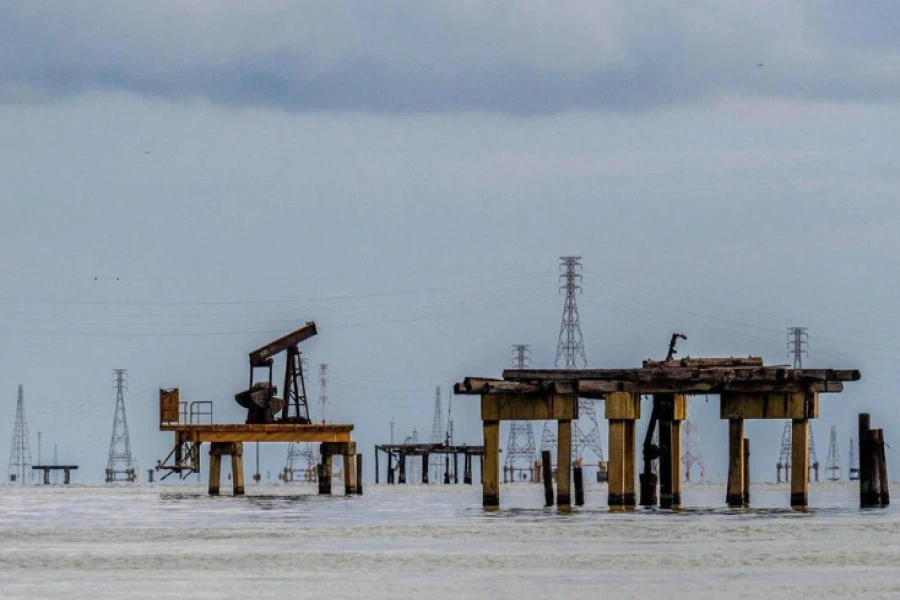The project is estimated to cost Rs 173.77 billion
KATHMANDU, Dec 12: The government on Wednesday unveiled a comprehensive 20-year strategy aimed at transforming the densely-populated Kamala River Basin as a model for sustainable and integrated water resources management in Nepal. The Kamala Water Resources Development Strategy: Implementation Action Plan (2025-2045), built upon the Kamala River Basin Strategy (2021), is estimated to cost Rs 173.77 billion.
The strategy is designed to transform the Kamala River Basin, home to over 600,000 people living across 2,100 square kilometers of the plains in south-east Nepal, "as an example" of sustainable integrated water resources management. The basin intersects four districts: Sindhuli in Bagmati Province, Dhanusha and Siraha in the Madhesh Province, and Udayapur in Koshi Province.
Water Resources Development Strategy for Kamala River Basin lau...

The Kamala Basin is located in the south-east of Nepal, close to the border with India, and has a drainage area of about 208,446 ha, which is equivalent to 1.42% of the total area of the country.
The Kamala Basin faces such seasonal extremes as water scarcity and drought during the dry season to floods, erosion, and inundation in the monsoon, compounded by the degradation of the Chure region. The Kamala Basin is important in terms of agricultural production, but has complex issues related to high levels of poverty, flooding, sediment erosion, and water resources distribution and availability during the year.
The strategy was developed jointly by WECS, Australia's Commonwealth Scientific and Industrial Research Organisation (CISRO) and the Jalsrot Vikas Sanstha (JVS) with financial support from Australia Department for Foreign Affairs (DFAT) and CISRO.
The action plan comes up with three goals identified in 2018 by the major stakeholders, including the civil society organizations and private sector enterprises around the Kamala Basin: Sustainable management of the Chure within the Basin and its natural resources to support livelihoods and reduce vulnerability; improvement of water resource availability, utilization and allocation for livelihoods, wellbeing, and economic growth; and promotion of commercial and scientific agriculture for local economic prosperity and livelihood security.
The workforce in the Kamala River Basin is transitioning from agricultural subsistence to nonagricultural occupations, with 33% of the households having a member who has migrated for employment opportunities outside the region or overseas. More than 70% of the population work in the agriculture sector, mainly producing rice, wheat and maize. The Terai region, with its flat plains, is extensively used for food production through the Kamala Irrigation schemes; in the fertile valleys there are farmer-managed irrigation systems; while the middle mountains and Chure areas are predominantly used for terrace farming and forestry.
Key activities under the project include: building small, medium and large scale check dams and water conservation ponds to mitigate water-induced disasters; stabilizing and protecting over 140-kilometer riverbanks; developing and implementing guidelines for sustainable extraction of riverbed materials; developing and implementing a comprehensive plan of erosion control and risk reduction; planning designing and implementing groundwater irrigation program; installing rainfall and hydrological stations; developing effective early flood warning system to mitigate impacts of floods and landslide; providing universal access to safe water – delivering basic water supply to 100 percent of the population; and protecting environmental and public health through effective wastewater management.




































